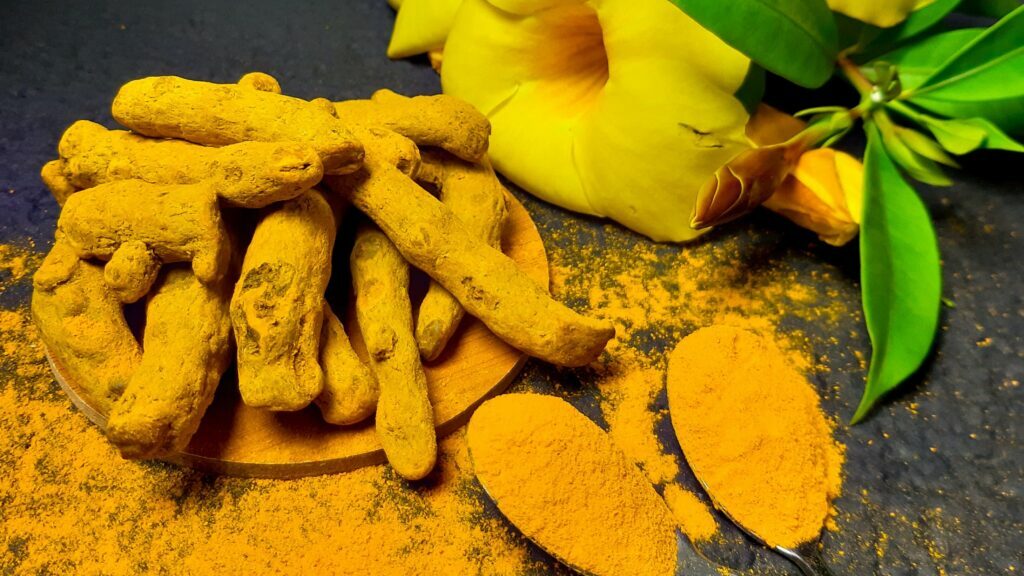When it comes to naturally increasing immunity, the greatest method to do it is with a well-balanced diet rich in antioxidants, omega-3, vitamin C, and other nutrients. We’ve compiled a list of natural immune booster foods that include all of these elements in this post.
Organs, cells, tissues, and proteins make up the immune system. These work together to carry out biological processes that combat pathogens, which include viruses, bacteria, and foreign substances that cause infection or illness.
When the immune system comes into touch with a pathogen, an immunological reaction is elicited. The immune system produces antibodies, which bind to pathogen antigens and destroy them.
So, here goes the list of 11 best natural immunity booster foods:
1. Citrus Fruits

Vitamin C is an immune-building substance that is believed to help the body fight infections by boosting the production of white blood cells (WBC). It is especially important for children to strengthen their immune systems in order to avoid seasonal allergies. It also helps to maintain electrolyte balance, which avoids dehydration and hot flushes. Citrus fruits, such as oranges, lemon, guava, and kiwi, are high in vitamin C. So make sure to add this food to the list of your immunity booster foods.
2. Red bell peppers

Think again if you think citrus fruits have the greatest vitamin C of any fruit or vegetable. Red bell peppers provide nearly three times the amount of vitamin C (127 mg) as a Florida orange (45 mg). They are also high in beta carotene.
Vitamin C may help you maintain healthy skin in addition to strengthening your immune system. Your body transforms beta carotene into vitamin A, which helps keep your eyes and skin healthy.
3. Garlic

Another great food on the list of immunity booster foods is Garlic. Garlic has a well-deserved reputation for being one of the top cold-curing foods. According to a dietary review published in the Cochrane Database of Systematic Reviews, a group of research participants who ate garlic over a three-month period only had 24 occurrences of the common cold altogether, a considerable drop from the 65 cases recorded by the control group. However, the researchers cautioned that further study is needed to establish garlic’s genuine influence on the common cold.
Also read Best Home Remedies For Sinus Infection And Tips To Avoid It
4. Kefir

Kefir is a fermented beverage that includes living cultures of helpful bacteria.
According to a preliminary study, consuming kefir may enhance the immune system. According to a 2017 review, many researchers have demonstrated that drinking kefir on a daily basis can assist with:
- fighting bacteria
- reducing inflammation
- increasing antioxidant activity
The majority of the research that supports this was carried out on animals or in a laboratory. Researchers need to perform additional studies to understand how kefir may prevent disease in humans.
5. Apples

“An apple a day keeps the doctor away” isn’t simply a folktale; apples can truly help avoid infections like the common cold. According to research published in the Nutrition Journal, this fruit includes phytochemical antioxidants. These antioxidants improve immunity and lower the risk of chronic illnesses.
6. Blueberries

Blueberries include anthocyanin, a flavonoid with antioxidant qualities that can help enhance a person’s immune system. According to a 2016 study, flavonoids have an important function in the immune defense mechanism of the respiratory tract.
People who ate foods high in flavonoids were shown to be less likely to have an upper respiratory tract infection, or the common cold, than those who did not.
7. Turmeric

This spice is more than simply a tasty addition to your next dish; it also includes curcumin, a strong anti-inflammatory agent. (It is this molecule that gives turmeric its distinctive orange-yellow hue.) According to research published in the Journal of Clinical Immunology, curcumin stimulates the creation of T-cells, the major cells in your immune system that fight for your health.
Also read the 10 best foods for cough and cold
8. Green Tea

Green tea is high in antioxidants, which have been demonstrated to improve immune system performance. It also includes amino acids, which may aid in the creation of germ-fighting substances in your T-cells, reducing inflammation and aiding in the battle against infection. Green tea can be drunk hot, chilled, or in the form of matcha powder.
9. Ginger

Another component that many people resort to when they are unwell is ginger. Ginger may help reduce inflammation, which can assist with sore throats and other inflammatory disorders. Ginger may also assist with nausea.
While ginger is commonly used in sweet treats, it also contains gingerol, a cousin of capsaicin.
Ginger may also help with chronic pain and may have cholesterol-lowering properties.
10. Dark Chocolate

Dark chocolate, believe it or not, may be highly beneficial in fighting off a cold. Theobromine, an antioxidant that has been shown to relieve coughing, is abundant in dark chocolate. A study published in Frontiers in Pharmacology discovered that theobromine can help reduce cough symptoms in persons with bronchitis, although it warns that further research is needed to completely corroborate the findings.
11. Poultry

When you’re ill and go for chicken soup, you’re getting more than simply the placebo effect. The soup may help reduce inflammation, which may alleviate cold symptoms. Vitamin B-6 is abundant in poultry, such as chicken and turkey. Nearly one-third of your daily necessary dose of B-6 is found in 3 ounces of light turkey or chicken meat.
Vitamin B-6 is involved in many of the chemical processes that occur in the body. It is also necessary for the production of new, healthy red blood cells.
Boiling chicken bones yield stock or broth rich in gelatin, chondroitin, and other minerals beneficial to gut healing and immunity.
In Conclusion
The 11 immunity booster foods discussed in this article may help people strengthen their immune systems and fight illnesses.
However, it is critical to note that the immune system is complicated. Eating a healthy, balanced diet is only one method to help your immune system.
Other lifestyle variables that may impact immune system health, such as exercise and avoiding smoking, must also be considered.
Anyone who gets colds or other infections frequently and is concerned about their immune system should see a doctor.

